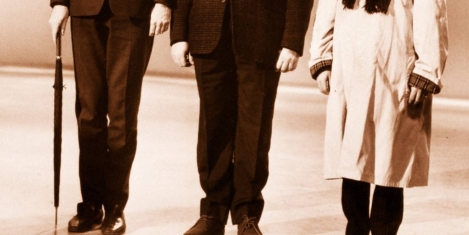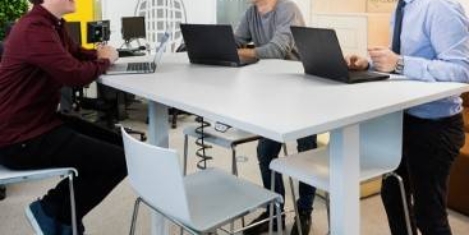December 22, 2016
Magic wands, muggles and the quiet nobility of workplace professionals 0
 Insight publisher Mark Eltringham recently took part in a conversation with Ian Ellison of 3edges. The podcast was recorded before the recent publication of The Workplace Advantage from the Stoddart Review but looks at its potential opportunities and challenges. The range of topics also include the growing role of workplace professionals in shaping workplace thinking, the differences between the FM and workplace disciplines, the trouble at the BIFM, the self image of various professions and why it’s unwise to believe that the most interesting examples of workplace design are indicative of how most people work. You can listen to the podcast online on Acast or iTunes. Other editions of the podcast are available here. Image: Sky Central designed by Hassell. Photographer Mark Cocksedge.
Insight publisher Mark Eltringham recently took part in a conversation with Ian Ellison of 3edges. The podcast was recorded before the recent publication of The Workplace Advantage from the Stoddart Review but looks at its potential opportunities and challenges. The range of topics also include the growing role of workplace professionals in shaping workplace thinking, the differences between the FM and workplace disciplines, the trouble at the BIFM, the self image of various professions and why it’s unwise to believe that the most interesting examples of workplace design are indicative of how most people work. You can listen to the podcast online on Acast or iTunes. Other editions of the podcast are available here. Image: Sky Central designed by Hassell. Photographer Mark Cocksedge.





































December 15, 2016
Commuting – stressful, annoying or just another opportunity? 0
by Mike James • Comment, Flexible working, Wellbeing
(more…)